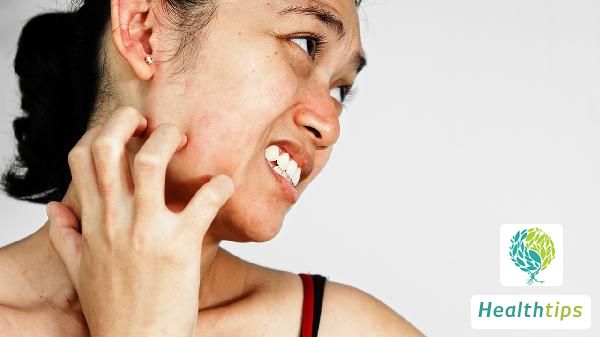At the age of fifteen, spots on the genital area usually do not indicate serious health issues. However, if these spots suddenly increase in number, darken in color, or are accompanied by symptoms such as itching or pain, attention should be given. Possible causes include vaginitis, chronic cervicitis, chloasma, and may even be related to hormonal changes or genetic factors.

1. Vaginitis: This is a common inflammatory disease among females, with symptoms including abnormal vaginal discharge, itching, and a burning sensation in the external genital area. If accompanied by redness, swelling, or ulcers in the genital area, it may be a manifestation of vaginitis. It is recommended to seek medical attention as soon as possible upon experiencing these symptoms to obtain accurate diagnosis and treatment.
2. Chronic Cervicitis: This condition arises due to long-term infection or irritation of the cervix. Typical symptoms include increased, thick, malodorous vaginal discharge and lower abdominal discomfort. If cervical erosion or polyps are observed, chronic cervicitis may be one of the causes. Professional medical consultation is crucial for diagnosing and managing this condition.
3. Chloasma: While most commonly found on the face, chloasma can also appear on other parts of the body, including the genital area. It typically presents as light brown to dark brown patches. If noticeable pigmentation forms in the genital area, it may be related to chloasma. A dermatologist can help determine the nature of these spots.
4. Other Causes: Hormonal changes and genetic factors may also contribute to spots on the genital area. Adolescence is a period of many bodily changes, and hormonal fluctuations may cause skin pigmentation. Genetic factors may also make some individuals more prone to this condition. For fifteen-year-olds, spots on the genital area generally do not require excessive concern in most cases. However, if the spots are accompanied by other symptoms or persist for an extended period, consulting a doctor for professional advice and treatment plans is recommended. This not only ensures good health but also helps alleviate unnecessary psychological burdens. Maintaining good personal hygiene and regular health check-ups are effective methods for preventing and detecting issues.

